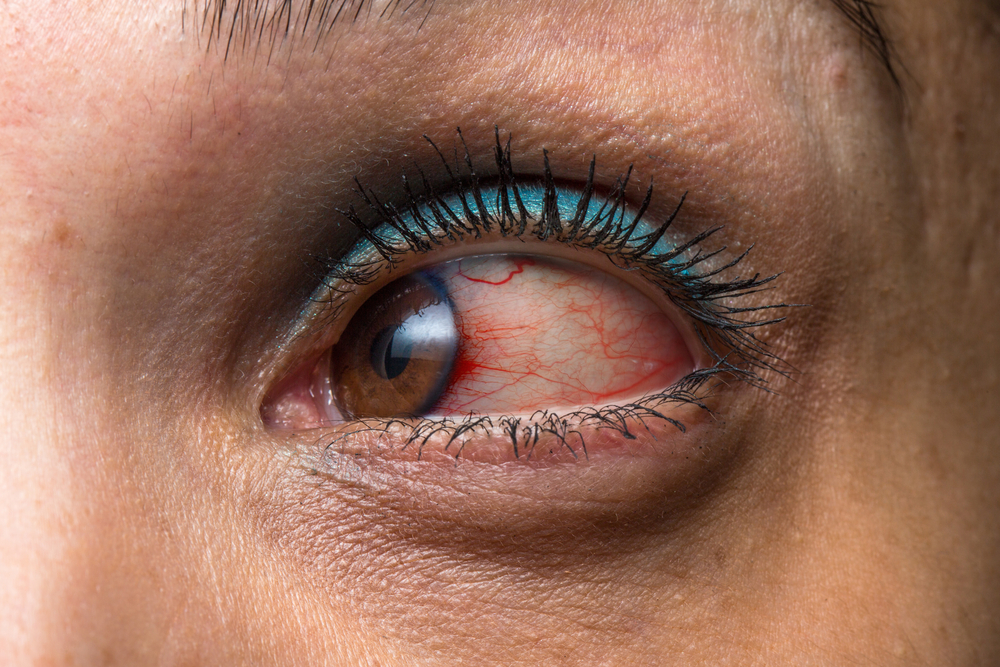
Uveitis is an inflammation of the uvea, the middle layer of the eye. This layer comprises the iris, ciliary body, and choroid. The uvea is critical to the proper functioning of the eye, and any damage or inflammation can lead to severe vision impairment or blindness.
The severity of uveitis can range from mild to severe, and it can manifest in one or both eyes. It's a condition that can affect people of all ages, regardless of their genetic background or existing health conditions. Uveitis can result from various causes, and its symptoms can vary widely. It's important to recognize these symptoms early, as prompt treatment can prevent permanent damage to the eyes.
What Causes Uveitis?
There are numerous potential causes of uveitis, and it's important to understand them to prevent or manage this condition. Uveitis can be caused by an infection, an injury, or an autoimmune disease. Infections that can lead to uveitis include herpes, toxoplasmosis, tuberculosis, and syphilis. Injuries to the eye can also trigger inflammation, leading to uveitis.
Autoimmune diseases, where the body's immune system mistakenly attacks its own cells, can also cause uveitis. These diseases include rheumatoid arthritis, lupus, and multiple sclerosis. Sometimes, uveitis can occur as a side effect of certain medications.
In many cases, however, the cause of uveitis remains unknown. This is known as idiopathic uveitis. Even though the cause may not be identifiable, treatment is still necessary to prevent long-term damage to the eyes.
Common Symptoms of Uveitis
Uveitis symptoms can develop rapidly or gradually, and they can be mild or severe. The most common symptom is eye redness and irritation. You may also experience blurred vision or decreased visual acuity. This is due to the inflammation interfering with the normal function of the uvea.
Other symptoms include eye pain, increased sensitivity to light (photophobia), and seeing floaters in your vision. Floaters are small specks or clouds that move in your field of vision. It's crucial to seek medical attention if you notice any of these symptoms, as they could indicate uveitis or another serious eye condition.
In some cases, uveitis may not cause noticeable symptoms, especially in the early stages. This is why regular eye exams are so critical for early detection and treatment.
Types of Uveitis
Uveitis is classified into four types based on the part of the uvea it affects. These include anterior uveitis, intermediate uveitis, posterior uveitis, and panuveitis.
Anterior uveitis, also known as iritis, is the most common type. It affects the front part of the eye, specifically the iris. Intermediate uveitis affects the ciliary body, which is located behind the iris but in front of the choroid. Posterior uveitis affects the back part of the uvea, the choroid. Panuveitis is a severe form of uveitis where all parts of the uvea are inflamed.
Each type of uveitis has its own set of symptoms and complications, and the treatment approach may vary.
The Importance of Regular Eye Exams
Diagnosing uveitis involves a comprehensive eye exam and a review of your medical history. Your eye doctor may use a slit lamp to closely examine the inside of your eye. They may also use an ophthalmoscope to look at the back of your eye.
Regular eye exams are crucial for the early detection of uveitis, especially if you have a high risk due to an autoimmune disease, a previous eye injury, or a history of uveitis. Regular eye exams are also critical for monitoring the progress of the condition and the effectiveness of treatment.
Treatment Options for Uveitis
The treatment for uveitis is aimed at reducing inflammation, relieving pain, preventing further tissue damage, and restoring vision. This may involve the use of corticosteroid eye drops or injections. In severe cases, oral corticosteroids or immunosuppressive drugs may be needed.
Prevention and Management of Uveitis
While it's not always possible to prevent uveitis, especially when the cause is unknown, there are steps you can take to manage the condition effectively. Regular eye exams are crucial for early detection and treatment. Additionally, if you have an autoimmune disease, managing it effectively can reduce the risk of uveitis.
Maintaining a healthy lifestyle, including a balanced diet and regular exercise, can boost your immune system and overall health, reducing the risk of infections that can trigger uveitis.
Protect Your Eye Health Today
Uveitis is a serious eye condition that requires prompt attention and treatment. Understanding the causes and symptoms can help you seek medical help early, increasing your chances of preserving your vision. Regular eye exams are crucial for the early detection and effective management of uveitis.
While uveitis can be a daunting condition to face, knowledge is power. By understanding uveitis, you are better equipped to manage this condition and maintain your eye health.
For more information on the causes and symptoms of uveitis, visit Shalimar Eye Care at our Shalimar, Florida, office. Call (850) 972-1600 to schedule an appointment today.




